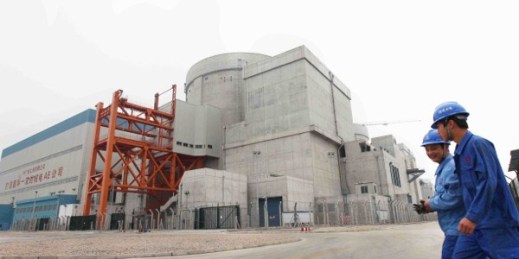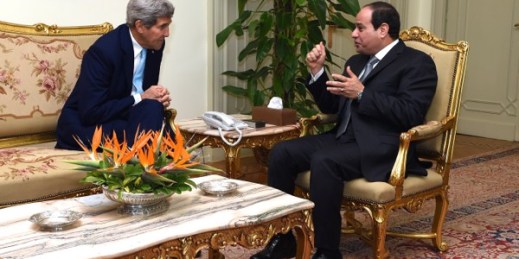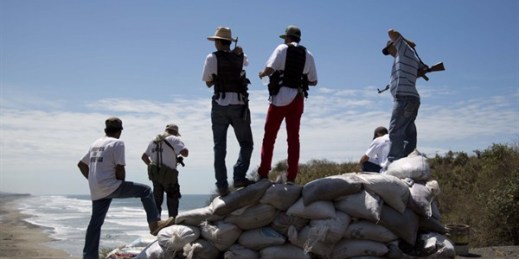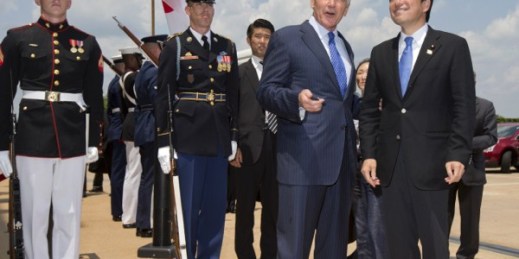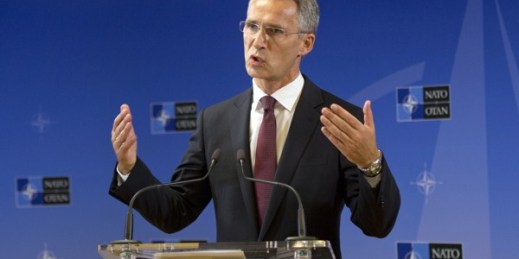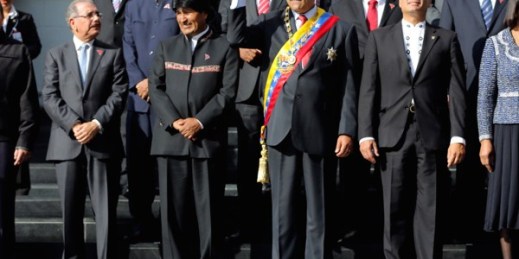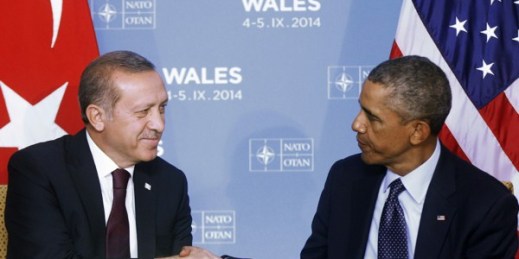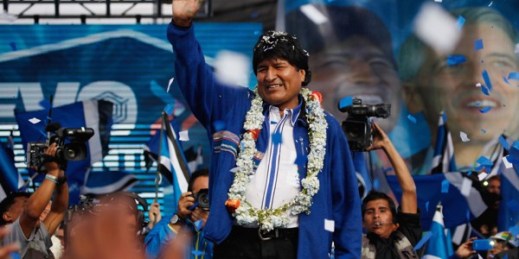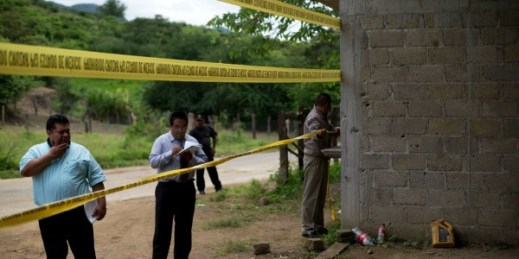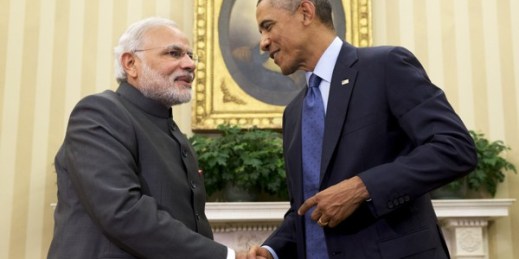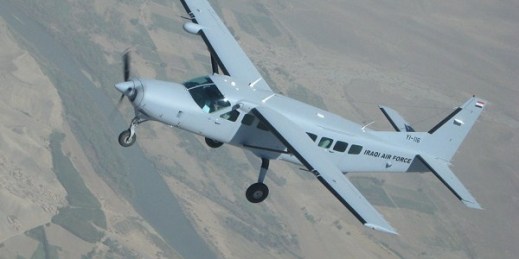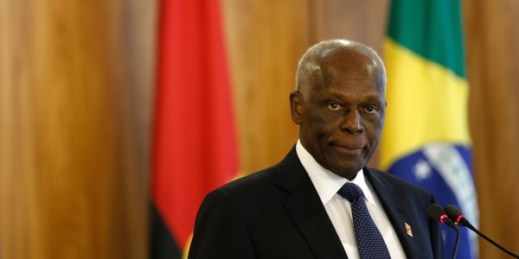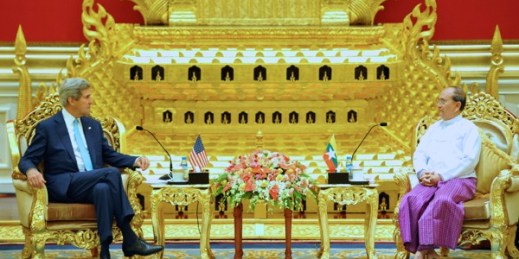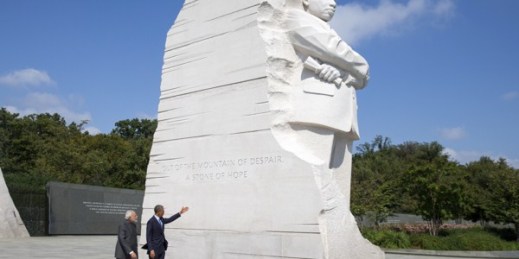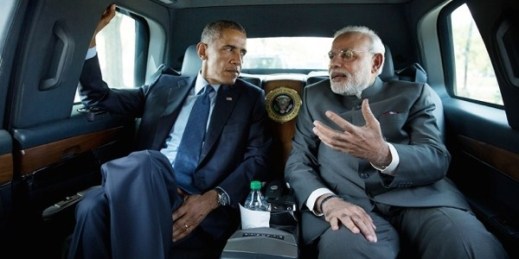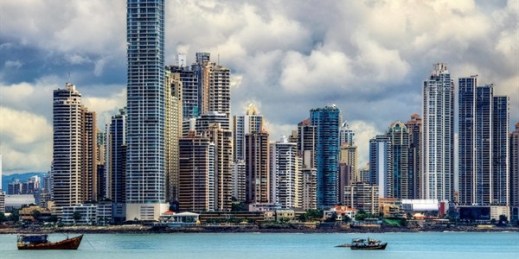
For the past decade, Panama’s economy has been roaring. With GDP growth averaging 8.24 percent from 2003 to 2013, Panama’s economy looked more like that of the so-called East Asian Tigers than many of its neighbors, particularly to the north, and the comparison to Asia does not end there. As the government moves to widen the Panama Canal to accommodate wider shiploads and makes massive investments in infrastructure, including ports and the first-ever subway in the capital city, Panamanian authorities have proclaimed that they want to be the Singapore of the Western Hemisphere—the region’s main logistical hub. While in terms […]

